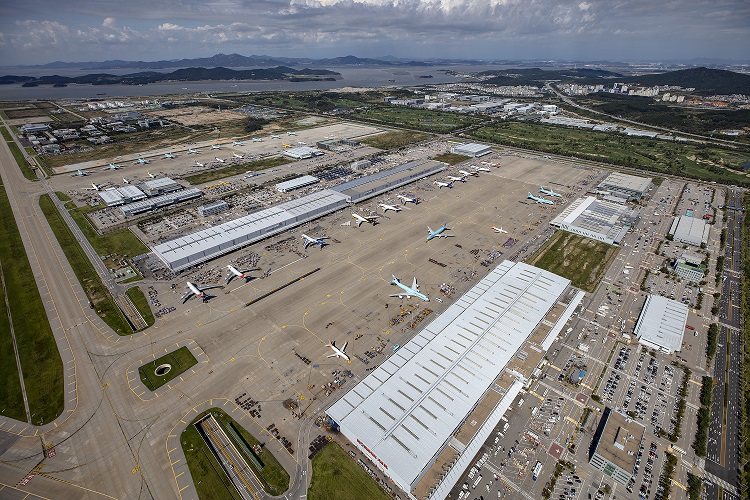Incheon Airport’s new CEO targets cargo
27 / 07 / 2023

Incheon International Airport’s new chief executive Hag Jae Lee is making cargo development at the South Korean airport one of his key priorities.
Lee graduated from Seoul National University and earned master’s and doctoral degrees from Chung-Ang University. He has previously served as the mayor of Incheon Metropolitan City’s Seo-gu Office, and was a three-term member of the 18th to 20th Korean National Assembly.
In his inaugural address, Lee said the airport was entering a phase of transformation and committed to creating a smart logistics cluster.
“By continuously investing in the development of logistics infrastructure and networks, Incheon International Airport aims to adapt to evolving air cargo market conditions and establish itself as the world’s leading air cargo hub,” he said.
“Due to the post-pandemic era and digital innovation, we are encountering a tremendous transformation in our business management environment.”
The initiative will prioritise several key areas, such as the development of a smart cargo terminal, a joint distribution centre for small and medium-sized enterprises (SMEs), expansion of the global network, and will target e-commerce and 3PL companies.
The airport is partnering with Korean Air and Asiana Airlines to develop future operating processes for the smart cargo terminal, including technologies such as unmanned robots, artificial intelligence, big data, and autonomous driving.
A pilot project set to be operational by 2027 will assess the suitability of IT technology for cargo terminal operations and steer the development of a smart cargo terminal.
The airport will also focus on strengthening its network to expand cargo volumes.

Source: Incheon International Airport
As of December 2022, the airport’s cargo-dedicated routes connect to 107 cities across 43 countries via 25 airlines.
Connections include 20 locations in China, six in Japan, 10 in Southeast Asia, 27 in North America, five in Central and South America, and 18 in Europe.
Including passenger flights, Incheon Airport’s air network offers uninterrupted connections to 152 cities across 53 countries year-round.
In a concerted effort to expand the new network and boost cargo volume, Incheon International Airport is extending various incentives to airlines, including subsidies covering up to 100% of landing fees and actual marketing expenses for two years, particularly for those who are newly incorporated, initiating new routes, or undertaking nighttime operations.
In partnership with 12 airlines, the airport is also conducting information sessions and running online joint advertising campaigns to attract a larger cargo volume.
The airport is creating a dedicated logistics centre for SMEs in partnership with Korea SMEs and Startups Agency (KOSME).
“This initiative, specifically designed to serve e-commerce businesses and SMEs, underpins the airport’s mission to enhance SMEs’ air freight logistics competitiveness and support their global expansion,” the airport said.
Work is set to get underway in the latter half of next year. The centre will measure around 25,400 sq m within the airport’s second logistics complex and will be equipped with smart logistics equipment to offer a suite of export-related services to e-commerce enterprises and SMEs.
Incheon International is also looking to attract air cargo and logistics companies looking to develop in the Asia Pacific market.
“Incheon International Airport’s strategic location, connecting major cities in China, Japan, and Southeast Asia, could be considered as one of many advantages that Incheon International Airport provides for logistics companies,” the airport said.
“Moreover, the airport boasts the most economical operating costs in the region, including ground handling fees and landing fees, when compared to other major regional airports.”
The airport is currently engaging in productive discussions with various global third-party logistics companies (3PL).













